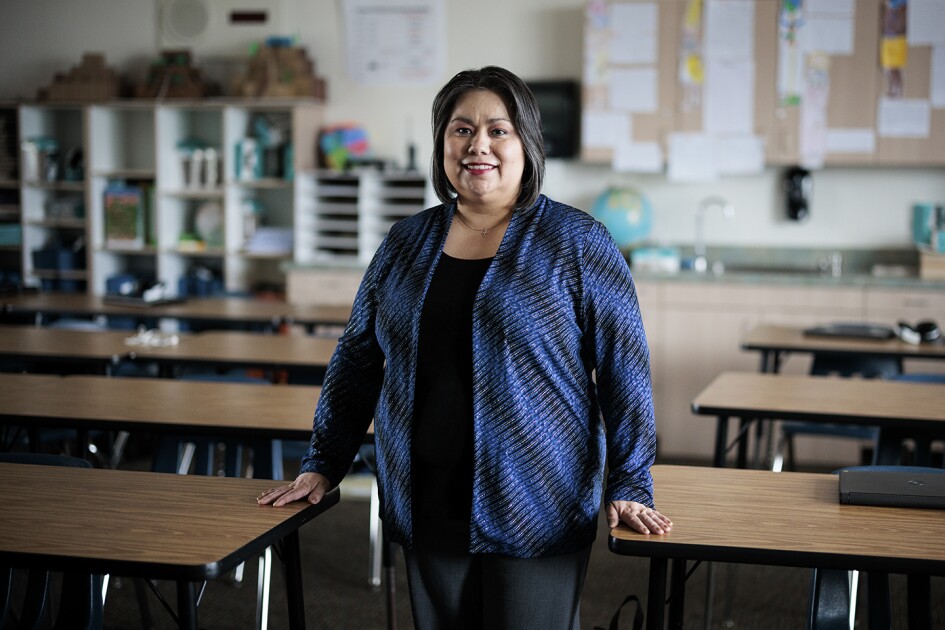Over the past few weeks, a familiar American ritual has played out as students across the country opened mailboxes with crossed fingers to learn whether they have been admitted to their dream colleges. Another ritual is also playing out across America, though this one is not well publicized. In many public schools, college-capable seniors have not received any letters in their mailboxes, because they never applied.
The talent lost is an American tragedy. According to findings released in March by the University of Chicago’s Consortium on Chicago School Research, out of 100 Chicago high school seniors—students who are academically prepared to attend a four-year college and have expressed a desire to do so—only 57 will enroll in a four-year college. If the findings in that city are similar to what is happening in other public school districts, this means that 43 percent of our finest urban public school students have fallen through the cracks. The costs to society stretch beyond the untapped potential of these particular students. Younger students, especially in low-income communities, lose motivation when they see academically successful peers graduate from high school and then not benefit from the rewards of college.
What can we do? The report concludes that college-application support matters, especially in the junior and senior years of high school. “Educators must realize that preparation will not necessarily translate into college enrollment if high schools do not provide better structure and support for students in the college process,” said Melissa Roderick, a University of Chicago professor and the lead author of the study.
That points to a paradox in American high schools. Currently, high schools are designed for students to get their college information and support from guidance counselors. But given that public school guidance counselors typically carry a load of more than 400 students each, with whom they must also work on test scheduling, truancy, home issues, and course selection, it is often impossible for students to obtain day-to-day college information and support solely from counselors. In fact, in low-income communities, students have always gotten college information and encouragement from the college-educated adults nearest them—their teachers as well as their guidance counselors—even if those individuals often have not been trained on college admissions.
To address this challenge, our two universities are partnering with the nonprofit College Summit, an especially promising national model that helps school systems train teachers to help students thoughtfully explore postsecondary education, provide a mandatory college-planning course for 12th graders, and build information systems to help high schools track and measure college enrollment. Through College Summit, Yale University and Morgan State University are supporting public high schools in New York City and in Prince George’s County, Md., and Washington to develop “college culture,” the social norms and shared expectations, both of the value of going to college and what it takes to get there.
The group’s results are promising. The West Virginia Higher Education Policy Commission compared high schools adopting College Summit’s college-culture strategies, which accounted for about 10 percent of the state population, with nonparticipating high schools. For the two years before the high schools began working with College Summit, all of the high schools followed the same college-going patterns. But since 2004, when the schools began working with College Summit, the schools building college culture have outperformed the rest of the state by 11 percent. Similarly, St. Louis schools taking part in College Summit saw 20 percent more of their students enroll in college in the first year of the schools’ participation. So far, these students have stayed in college at above the national norms for low-income students. Moreover, not only are more students succeeding in college, but teachers also report that students work harder in high school when they make the connection between their classroom assignments and their long-term life goals.
In middle- and upper-income America, college is a profoundly motivating incentive for students to work hard in school. We will all reap the benefits once we make the reward of college real in our lowest-income high schools as well.







